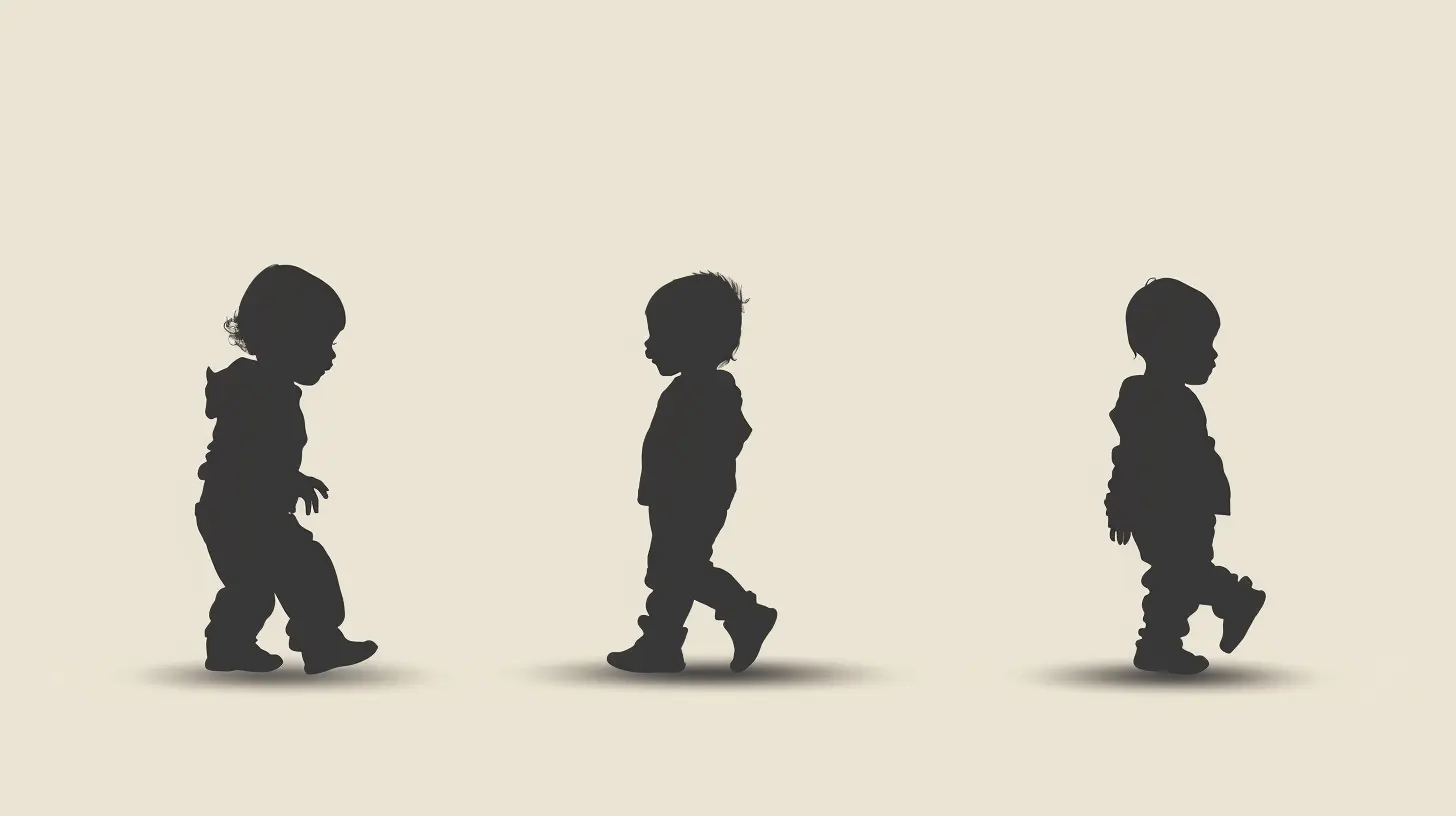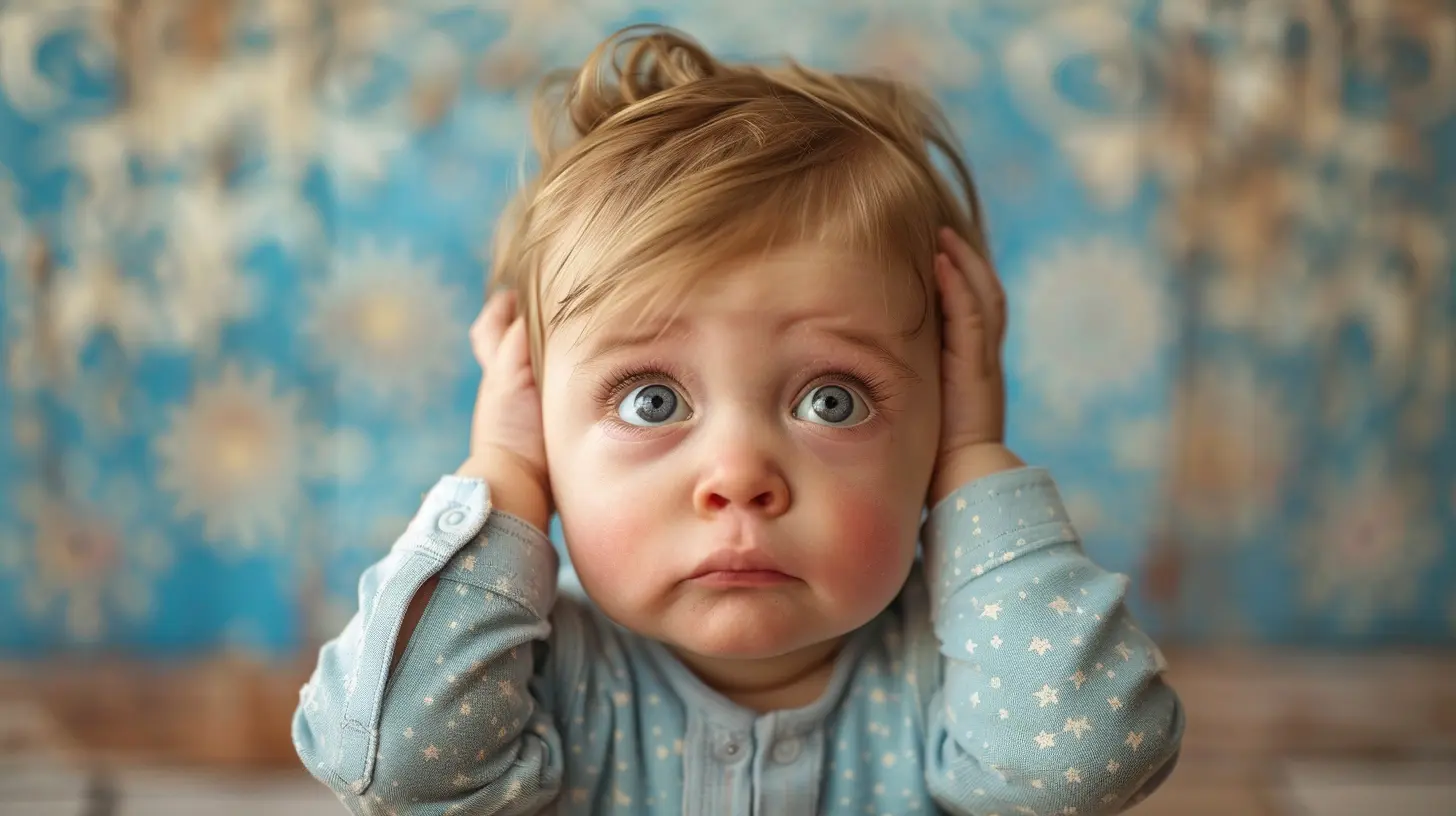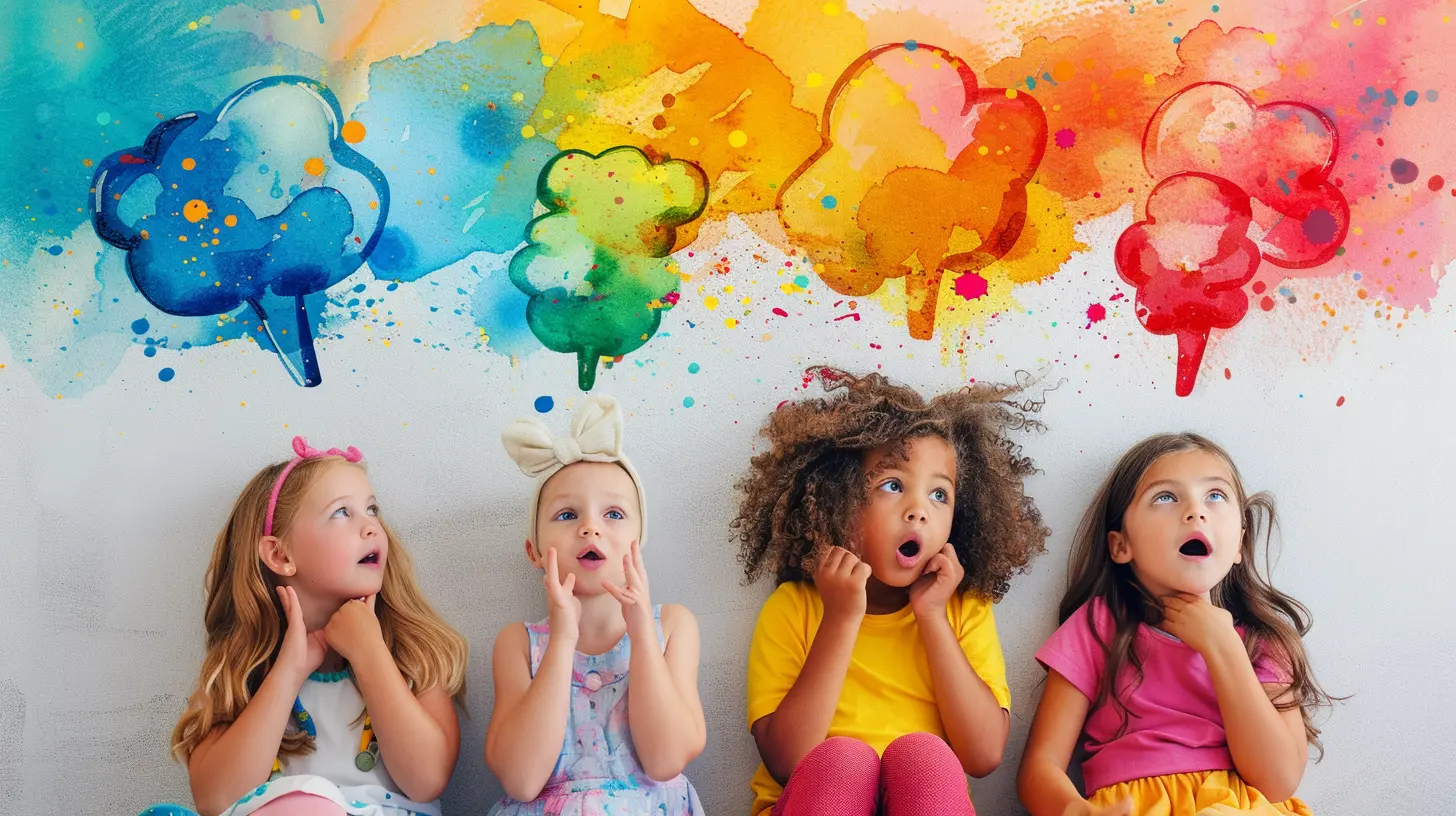Language Development Milestones: What to Expect
16 September 2025
Language is one of the most amazing skills our brains develop. It’s how we communicate our needs, share stories, and connect with others. But have you ever wondered how babies go from babbling to uttering full sentences? That magical journey is what we’re diving into today.
Language development isn’t just about talking. It’s a complex process that starts way earlier than most people think. So whether you're a new parent, a caregiver, or just curious about how little humans become chatterboxes, you're in the right place. Let's walk through the fascinating stages of language development, what to expect at each stage, and how you can support it.
Why Language Development Matters
Before we get into the nitty-gritty, let’s talk about why it matters. Language development is a strong indicator of cognitive, emotional, and social growth. Think of it like the foundation of a house—without it, everything built on top wobbles. Strong language skills help children express themselves, engage with others, and achieve academically.
The Basics of Language Development
Language development typically follows a general timeline, but keep in mind—it’s not one-size-fits-all. Some kids talk early, while others need a little more time. That’s totally normal.Language development can be broken down into two parts:
- Receptive language: What a child understands.
- Expressive language: What a child can say or express.
Both are crucial, and kids often understand more than they can express.
Language Development Milestones by Age
Birth to 6 Months: The Sound of Beginnings
You might think a newborn doesn’t communicate, but guess what? They’re already listening and learning.What to Expect:
- Startles at loud sounds
- Turns head toward voices
- Coos and makes gurgling noises
- Begins to recognize your voice
How You Can Help:
- Talk to your baby often—narrate your day like you're hosting your own talk show.
- Mimic their coos and sounds—babies love it when you “talk” back.
- Read to them—yes, even if they don’t understand a word.
Remember, to a baby, you’re the best podcast they’ve ever heard.
6 to 12 Months: Babble Boom
This stage is like a language explosion waiting to happen.What to Expect:
- Babbles with more variety (e.g. “ba-ba,” “da-da”)
- Uses voice to express joy or displeasure
- Responds to their own name
- Understands “no” and basic commands
How You Can Help:
- Use simple, clear words repeatedly.
- Label things—“This is your bottle,” “Look at the dog.”
- Encourage imitation—this is the baby version of karaoke.
12 to 18 Months: First Words and One-Word Wonders
And now, the moment you’ve been waiting for—first words!What to Expect:
- Says 1–10 words clearly
- Understands and follows simple directions
- Uses gestures like pointing or waving
- Names familiar people and objects
How You Can Help:
- Celebrate every attempt to talk (even the “uh-ohs” and “mamas”).
- Play naming games—“Where’s your nose?” “What’s this?”
- Limit background noise—TV can be distracting when they’re learning sounds.
Pro tip: Those first words? They’re gold. Don’t blink—you’ll miss the moment.
18 to 24 Months: Word Spurt and Mini Sentences
Around the 18-month mark, something big usually happens—a word explosion.What to Expect:
- Vocabulary jumps to 50–100 words
- Starts combining two words (“want juice”)
- Asks questions using rising tone
- Follows two-step commands (“Pick up the ball and give it to me”)
How You Can Help:
- Encourage them to speak instead of just pointing.
- Repeat and expand what they say (Child: “Ball!” You: “Yes, that’s a red ball!”).
- Be patient—this phase includes a lot of trial and error.
2 to 3 Years: Sentences and Storytelling
Now we’re really getting somewhere. This is when your child may start sounding like a tiny person with big opinions.What to Expect:
- Speaks in 3–4 word sentences
- Asks “why,” “what,” and “where” questions
- Can be understood about 50–75% of the time
- Uses plurals and pronouns (“They are running.”)
How You Can Help:
- Read books together and talk about the pictures
- Ask open-ended questions (“What did you do at the park?”)
- Sing nursery rhymes and songs—they’re like language vitamins
This is the age when your child’s personality shines through their words. Get ready for some hilarious conversations.
3 to 4 Years: Little Conversationalists
At this stage, kids can hold simple conversations. It's like their thoughts finally got a microphone.What to Expect:
- Uses 4–5 word sentences
- Talks about past events (“We went to Nana’s house”)
- Understands time concepts like “soon” or “later”
- Speech is mostly intelligible to strangers
How You Can Help:
- Continue to read and talk regularly.
- Ask them to tell you stories—or make up silly ones together.
- Correct grammar indirectly by rephrasing (Child: “Him go outside.” You: “Yes, he went outside.”)
4 to 5 Years: Ready for School
By now, language is helping your child think, plan, and negotiate (hello bedtime battles).What to Expect:
- Speaks in full sentences
- Uses correct grammar most of the time
- Understands jokes, rhymes, and metaphors
- Describes experiences, thoughts, and feelings
How You Can Help:
- Introduce new words and explain their meaning
- Play word games like “I spy” or rhyming riddles
- Encourage them to talk about their day and emotions
This period preps them for school interaction and learning. Language becomes not just how they talk, but how they process the world.
Red Flags: When to Be Concerned
It’s totally normal for kids to hit milestones at slightly different times. But there are some signs that might warrant a chat with a pediatrician or speech-language therapist:- No babbling by 9 months
- No first words by 16 months
- Can’t follow simple directions by 2 years
- Strangers can’t understand your child by 3 years
- Limited vocabulary or use of repetitive phrases after age 3
When in doubt, it’s better to ask. Early interventions can make a world of difference.
Tips to Support Healthy Language Development
Want to give your child a language boost? Try these tips:1. Talk all the time – Narrate actions, thoughts, and feelings.
2. Read daily – Reading is like rocket fuel for language.
3. Sing together – Music reinforces rhythm, rhyme, and vocabulary.
4. Limit screen time – Real interaction beats passive watching.
5. Listen and respond – Hold conversations, even if they’re short.
Think of yourself as your child's first language coach. Your words are literally shaping their brain!
Common Myths About Language Development
Let’s bust a few myths while we're at it:- “Boys talk later than girls” – While there’s a slight trend, every child is different.
- “Bilingual kids are delayed” – Nope! They may mix languages at first, but they catch up and excel later.
- “They’ll grow out of it” – Maybe, but maybe not. If something seems off, don’t ignore it.
Wrapping It Up
Language development is a wild, wonderful journey. From the first coos to full-blown conversations, it’s a joy to watch our little humans find their voice. And as we've seen, there's a lot we can do to support them along the way—by talking, reading, listening, and just being present.So next time your toddler points at a dog and shouts “woof!” like it’s the most important word in the world—celebrate that moment. Because in their world, it's a pretty big deal.
all images in this post were generated using AI tools
Category:
Child DevelopmentAuthor:

Paulina Sanders
Discussion
rate this article
1 comments
Delta Baxter
This article provides a valuable overview of language development milestones, highlighting key stages in children's communication skills. Understanding these milestones helps parents and caregivers support language growth effectively. A great resource for anyone interested in early childhood development!
October 15, 2025 at 3:35 PM

Paulina Sanders
Thank you for your kind words! I'm glad you found the article helpful in understanding language development milestones.


